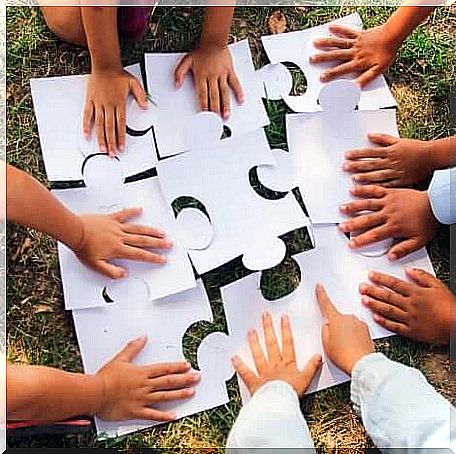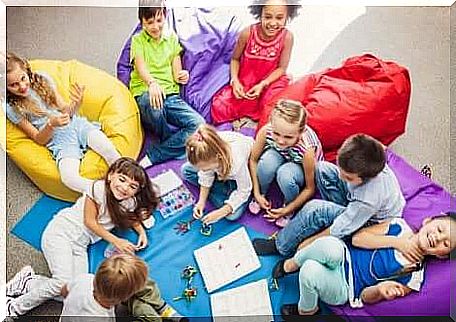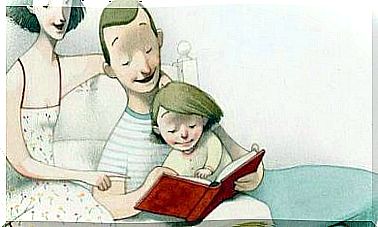Cooperative Games For Children – Strong Together!

Cooperative games are those in which the other players do not play against each other in a competition. So it’s not about finding a single winner. Rather, the participants in this type of game pursue a common goal with one another . This basically consists of being a team, helping each other and thus fulfilling the task at hand. Here can cooperative games have many useful functions. A very important one is: You can help other players to relate to each other.
Therefore, cooperative games are often used in certain activities. For example, when a group of people is just getting to know each other. Or in situations that require an already existing group to expand. Because these games increase prosocial skills. This means positive, constructive and helpful behavior. This also includes the skills to share and be friendly.
Cooperative games promote the creation of a basis of trust by working together, and when you play games you not only achieve common goals. You also have a lot of fun together. In addition, these types of games help to put aside individualistic approaches and competitive thinking. Hence, they can be very useful in education. In the following, we will introduce you to other advantages of this type of game.
Cooperative games reduce violence among young children
Cooperative games reduce the propensity for violence among young children. This is evident from the following study out: Cooperative Games in Young Children: A Way to Modify aggression ( ‘ Cooperative games in infants: One way to alter aggressive behavior ‘). This study was carried out in 1994 by April Bay Hinitz at the University of Nevada (Reno, USA).

Community learning through play
On the one hand, cooperative games are a form of collaborative learning. On the other hand, they are of course also a form of play. There are now many studies that show the benefits of collaborative learning.
The advantages include, for example: In this way, the opportunity is given to better master the content in the classroom. It can also reduce the problems of control and discipline in the classroom. In addition , it has also been shown that gaming is essential for both mental health and intellectual development.
Cooperative games in children with autism
Cooperative games have also proven to be very useful in therapy situations. Because in this way you can improve the communication skills of autistic, but also socially excluded children. Children with autism spectrum disorder (ASD) do not develop imitative play in the same way as others. But this is important when developing social skills. Autistic children also often have difficulty with creative activities. Hence, cooperative games can be very useful to them.
Creating a sense of community
Since cooperative games involve everyone involved, they can promote a sense of belonging to the group. The importance of this sense of community for school performance has been comprehensively demonstrated in several studies. Among others by Geoffrey Cohen at Stanford University.
Cooperative games are fun
Exactly, cooperative games are great fun too! And fun and happiness are increasingly perceived as important emotions in the education system. One only has to take a look at the United Nations Declaration of the Rights of the Child as an example: It explicitly states the right of children to play. So -called positive psychology is also investigating the importance of positive aspects of being human, such as happiness, for human health.

Empathy and empathy
This type of game also encourages the development of empathy and empathy. Because these games are always based on an ethic of mutual care and support. And this is in contrast to the importance of each individual, which is often placed in the foreground. This individuality is increasingly shaping our society today.
Leave competitive thinking behind with cooperative games
Last but not least , these types of games also offer the opportunity to break out of constant competitive thinking. There are extensive studies that have shown that this competitive mindset has many disadvantages for children. Because this increases the feeling of fear in the little ones. At the same time, the feeling of equality and equality is reduced.
The adults should therefore offer the children opportunities for cooperative play. In doing so, they convey to them at the same time that cooperation and collective action are very valuable and important social values. Cooperative games help to create a positive social climate and thus a living space that is not only safe but also pleasant for children.









